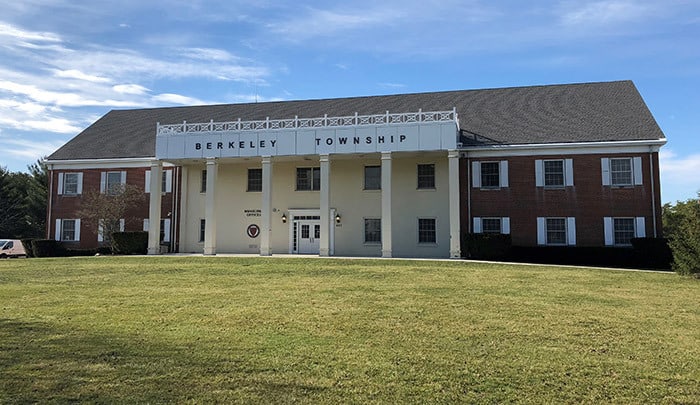
BERKELEY – The Township Council again spoke about the cost of the Open Public Records Act to taxpayers.
The township spent $112,602 on OPRA last year, and that doesn’t include the amount it paid to staff for them to respond to these requests instead of doing other work for residents, Councilman John Bacchione said.
“I’m not against the law. I’m not against giving the information,” he said. What needs to change is that there is a cost to this that needs to be taken into account.
He said New Jersey’s law was based on Florida’s law. In the years since it passed, there hasn’t been any changes made.
The Open Public Records Act was made into law in 2001. The gist of it is that residents should have access to any public record. There is no charge for some of these records, because the State didn’t want there to be any hurdles for people to get these records. However, if they want print outs or something physical, they have to pay for copies.
One of the first statements in the act is “government records shall be readily accessible for inspection, copying, or examination by the citizens of this State, with certain exceptions, for the protection of the public interest…”

However, townships like Berkeley have been seeing people abusing this free service.
They contacted the state last year to try to get some changes made but have not heard back, Bacchione said.
Other towns have also expressed concerns. Township clerks, who oversee the requests, have been asking their governing bodies to petition the state for help.
In 2019, the Municipal Clerks’ Association of New Jersey called for a study commission to review the law.
That group crafted a sample resolution for towns to pass which said that OPRA is “a well-intended law that has spiraled out of control, due to the volume and nature of requests, the cost to taxpayers in responding to the requests, and the potential liability in having to pay disproportionate prevailing party attorney’s fees should the requests turn into litigated matters, as well as the liability in determining which documents shall be released, with or without redaction, while attempting to maintain individual privacy.”
Stafford’s Police Chief Thomas Dellane, who also leads the New Jersey State Association of Chiefs of Police, said recently that lawyers are using it as free research.






